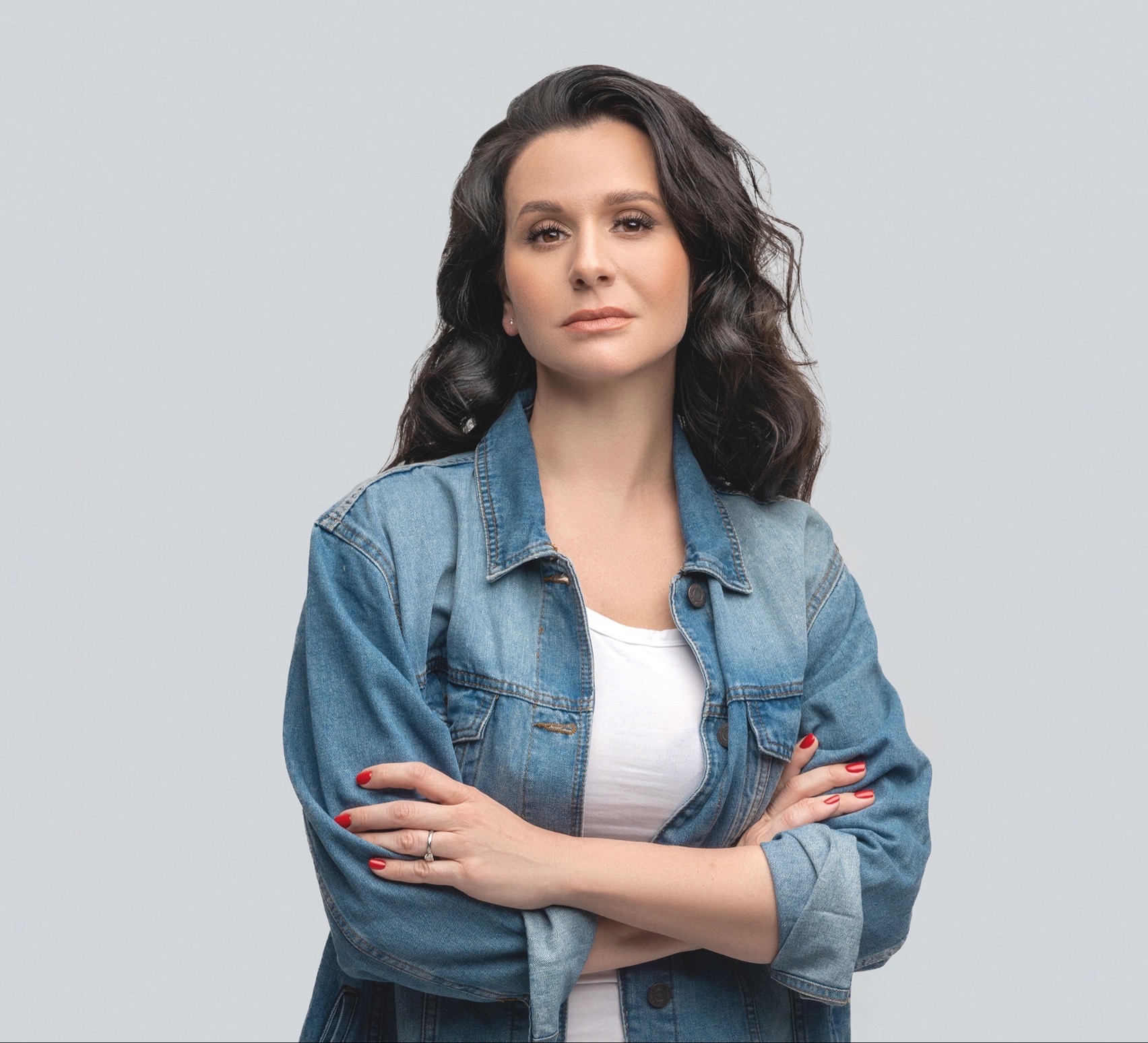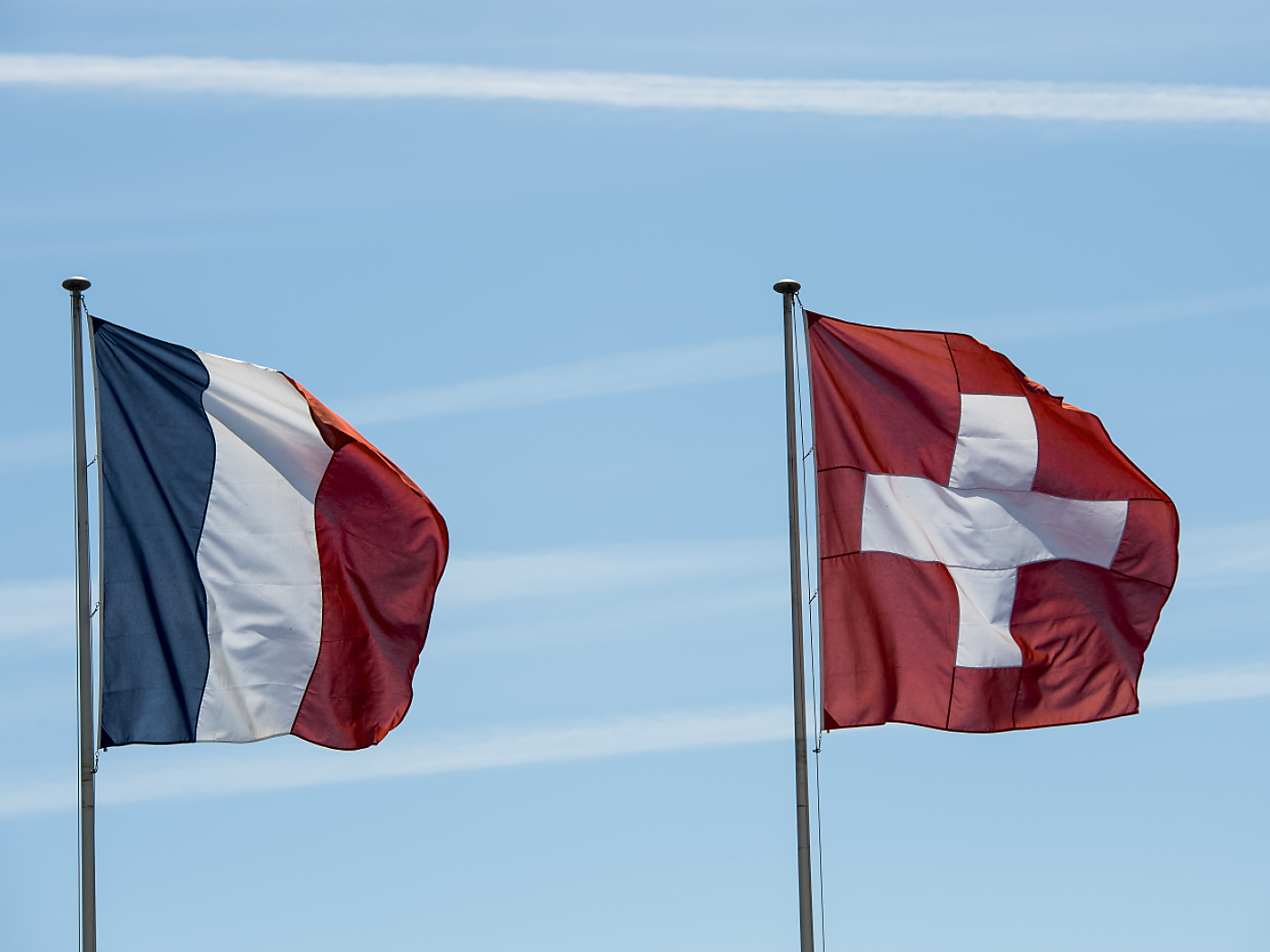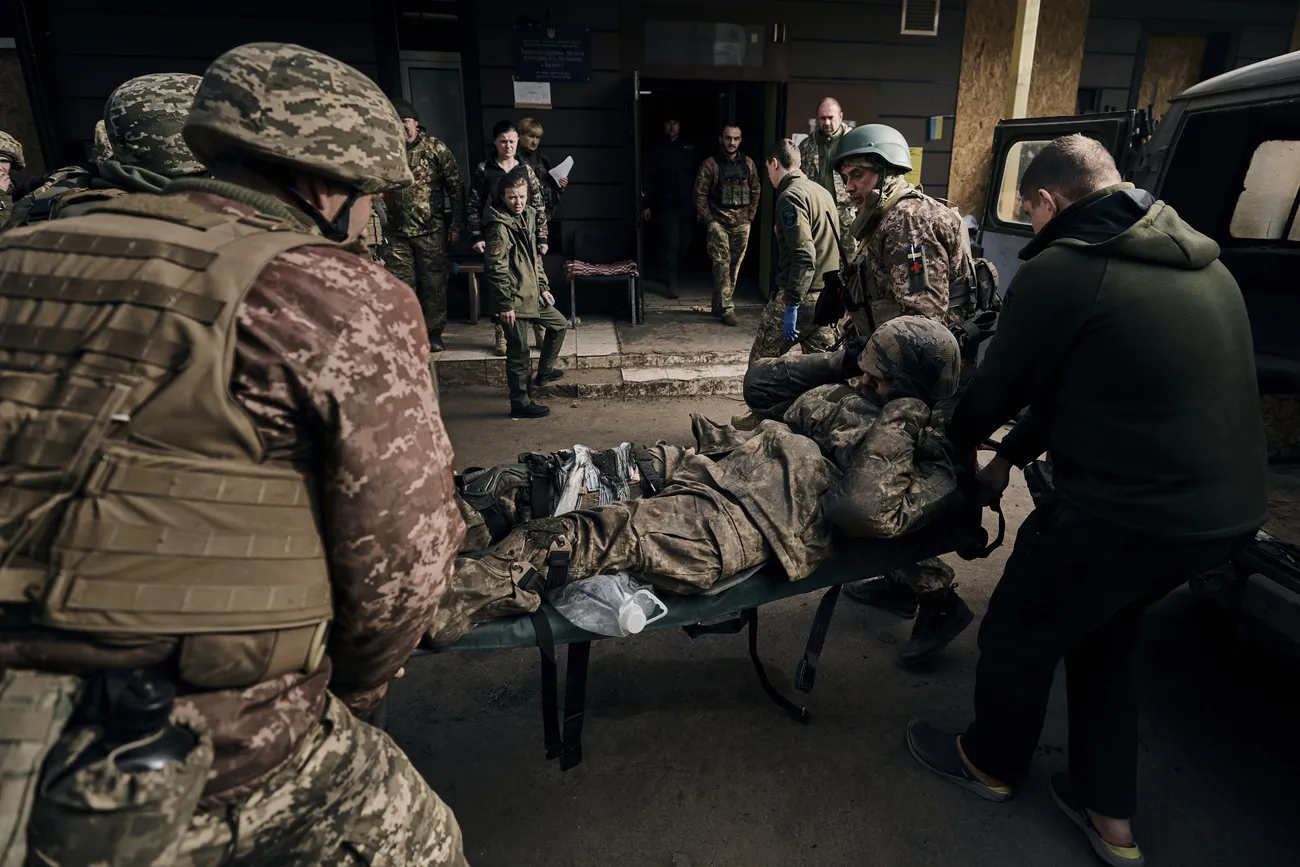Kremlin critic: every handshake with Putin is ‘drenched in blood’

Vladimir Kara-Murza, a Kremlin critic who survived two poisoning attempts and a prison term in Russia, talks to SWI swissinfo.ch in Geneva about the dangers of negotiating with Vladimir Putin. He calls for the release of all prisoners of war and abducted Ukrainian children in any peace deal.
“I just want those who are once again ready to shake Putin’s hand to remember: every time they do, they shake a hand drenched in blood,” Kara-Murza tells SWI swissinfo on the sidelines of the 17th Geneva Summit for Human Rights and Democracy, which he attended with his wife in February.
The Russian activist was freed in August 2024 as part of a major prisoner swap between Russia and the West. A fierce critic of the Putin’s war on Ukraine, he spent over two years in prison – of which one year in solitary confinement – in the Siberian city of Omsk, over 2,700 kilometres from Moscow.

The harrowing experience doesn’t seem to have dented his sense of humour. When told jokingly that he looks almost unchanged by his time in a Russian jail, he responds: “I’ve gained weight – I missed ice cream in prison, and now I can’t stop making up for it.”
Chatting to forum participants in the hallways of Geneva’s Palais des Nations, Kara-Murza effortlessly switches between English, French, Russian and even Spanish – a language he says he began learning in “to keep my mind occupied” in prison.
Kara-Murza now lives in the United States, reunited with his family. He worries that US President Donald Trump’s efforts to directly engage Putin – a break with past US and current EU policy – will backfire.
+ Read more: SWI interview with Vladimir Kara-Murza when he was still behind bars
Over the past 25 years “the West has engaged with Putin despite him shutting down independent media, suppressing protests,” he points out, arguing that it would be foolish to expect a different result now.
“All this time, Western leaders rolled out the red carpet, shook his hand, looked into his eyes, and claimed to ‘see his soul’,” he adds, referring to US President George W. Bush’s famous 2001 remark.
Since then, Putin has invaded Georgia, annexed Crimea and launched a full-scale war against Ukraine. Demonstrations in Russia have been met with brutal force. Putin’s opponents have been poisoned or killed.
“Any agreement must contain a clause on the release of all Russian political prisoners,” he stresses, noting that the fastest-growing category among Russian political prisoners are those who have spoken out against the war in Ukraine, as he did. “Today, there are 1,497 political prisoners in Russia – more than in the Soviet Union during the 1980s,” he points out.
Likewise, he calls for the release of Ukrainian civilians captured by Russia. He notes that thousands of people are now being held in penitentiary institutions across Russia External linkor in the occupied territories. And he advocates for the repatriation of thousands of Ukrainian children, who were forcibly transferred to Russia or Russian-occupied territories in what the United Nations considers a war crime.
It is unclear whether such issues have been discussed in current ceasefire talks. On March 25, the White House announced that Washington had reached agreements with both Kyiv and Moscow to ensure safe navigation in the Black Sea and to prevent the use of force in the region.
The Trump administration recently shut down a programme that tracked Ukrainian children forcibly taken to Russia during the war, according to the Reuters news agency. The decision means losing access to large volumes of information, including satellite imagery and biometric data on about 30,000 Ukrainian children abducted from Ukraine.
“All of these children must be returned home to their families,” says Kara-Murza. “It was precisely for this war crime that the International Criminal Court (ICC) issued an arrest warrant for Mr Putin in 2023.”
Edited by Virginie Mangin/ds

More
Our weekly newsletter on foreign affairs

In compliance with the JTI standards
More: SWI swissinfo.ch certified by the Journalism Trust Initiative












You can find an overview of ongoing debates with our journalists here . Please join us!
If you want to start a conversation about a topic raised in this article or want to report factual errors, email us at english@swissinfo.ch.